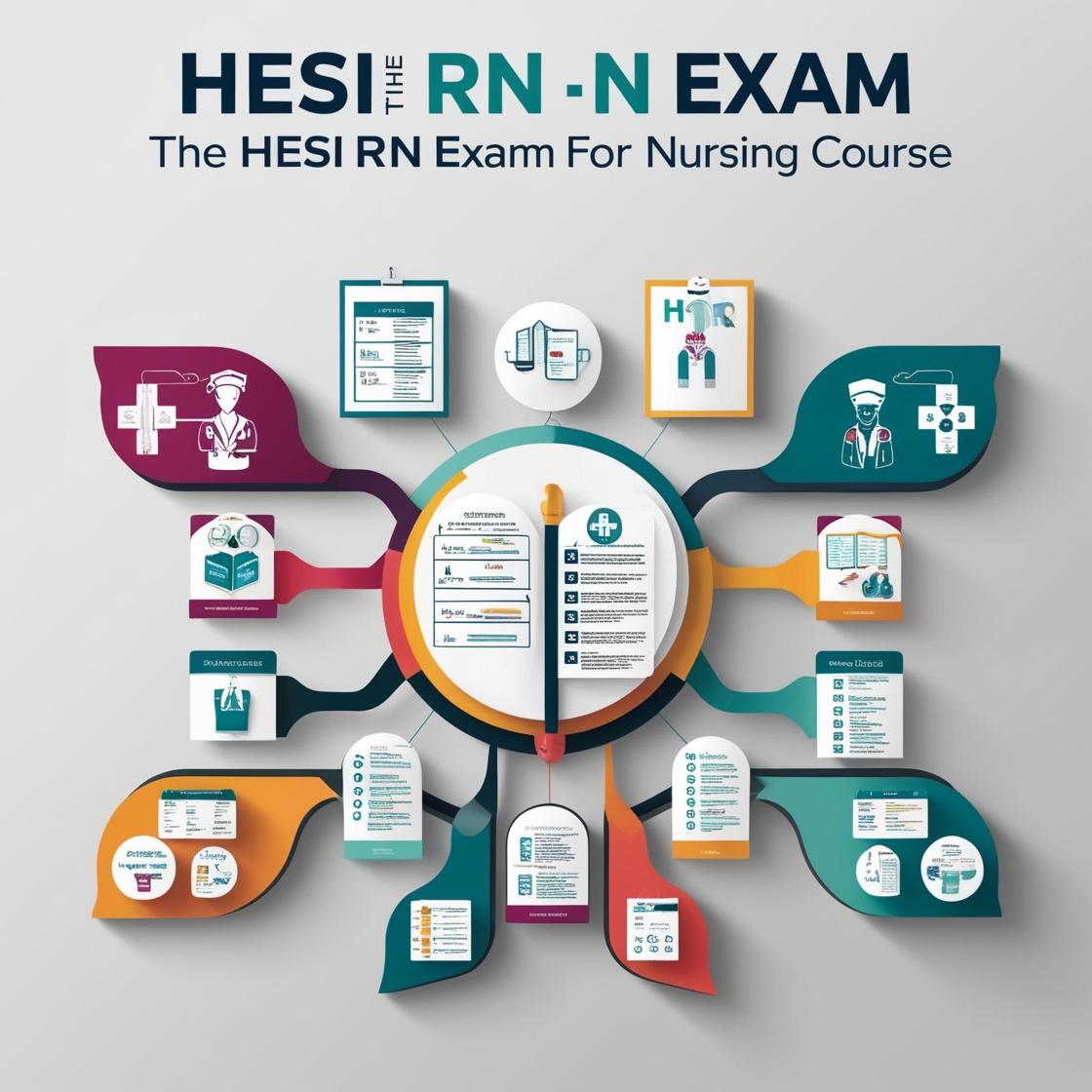HESI RN
Reproductive Health Exam Questions And Answers
1. The products of conception are retained in which of the following?
- A. Complete abortions
- B. Incomplete abortions
- C. Threatened abortion
- D. Mixed abortion
Correct answer: B
Rationale: In incomplete abortions, the products of conception are retained. In a complete abortion, all the products of conception are expelled from the uterus. Threatened abortion refers to a situation where there is vaginal bleeding but the cervix remains closed, and it does not necessarily involve retention of products of conception. Mixed abortion is not a recognized medical term related to retained products of conception.
2. What is the inner lining of the non-pregnant uterus called?
- A. Decidua
- B. Myometrium
- C. Endometrium
- D. Sponge layer
Correct answer: C
Rationale: The correct answer is C, Endometrium. The endometrium is the inner lining of the non-pregnant uterus that undergoes cyclic changes in response to hormonal fluctuations during the menstrual cycle. Choice A, Decidua, is the specialized membrane formed during pregnancy. Choice B, Myometrium, refers to the middle layer of the uterine wall composed of smooth muscle. Choice D, Sponge layer, is not a term used to describe the inner lining of the uterus.
3. Which of the following is used to differentiate abdominal mass from pelvic mass on clinical examination?
- A. Size
- B. Site
- C. Margins
- D. Lower border
Correct answer: D
Rationale: The lower border is used to differentiate between an abdominal mass and a pelvic mass during clinical examination. The lower border of the mass provides important information about its location and origin. The size (Choice A) alone may not always clearly distinguish between abdominal and pelvic masses. The site (Choice B) and margins (Choice C) are also important factors, but they are not as specific in differentiating between abdominal and pelvic masses as the lower border.
4. How do contraceptive oral pills help in birth control?
- A. Preventing ovulation
- B. Killing ova
- C. Killing sperms
- D. More than one of the above
Correct answer: A
Rationale: Contraceptive oral pills primarily work by preventing ovulation, which means Choice A is correct. Choices B and C are incorrect because oral contraceptive pills do not kill ova or sperms. Choice D is incorrect because only preventing ovulation is the primary mechanism of action for oral contraceptive pills.
5. What is the role of the prolactin hormone?
- A. Stimulates the development of milk-producing tissue.
- B. Stimulates milk storage.
- C. Stimulates milk production.
- D. Stimulates milk ejection.
Correct answer: C
Rationale: The correct answer is C: 'Stimulates milk production.' Prolactin hormone is responsible for promoting the production of milk in the mammary glands. This hormone does not directly stimulate the development of milk-producing tissue (Choice A), milk storage (Choice B), or milk ejection (Choice D). While these functions are related to lactation, the primary role of prolactin is to facilitate milk production.
Similar Questions

Access More Features
HESI RN Basic
$69.99/ 30 days
- 50,000 Questions with answers
- All HESI courses Coverage
- 30 days access @ $69.99
HESI RN Premium
$149.99/ 90 days
- 50,000 Questions with answers
- All HESI courses Coverage
- 30 days access @ $149.99
